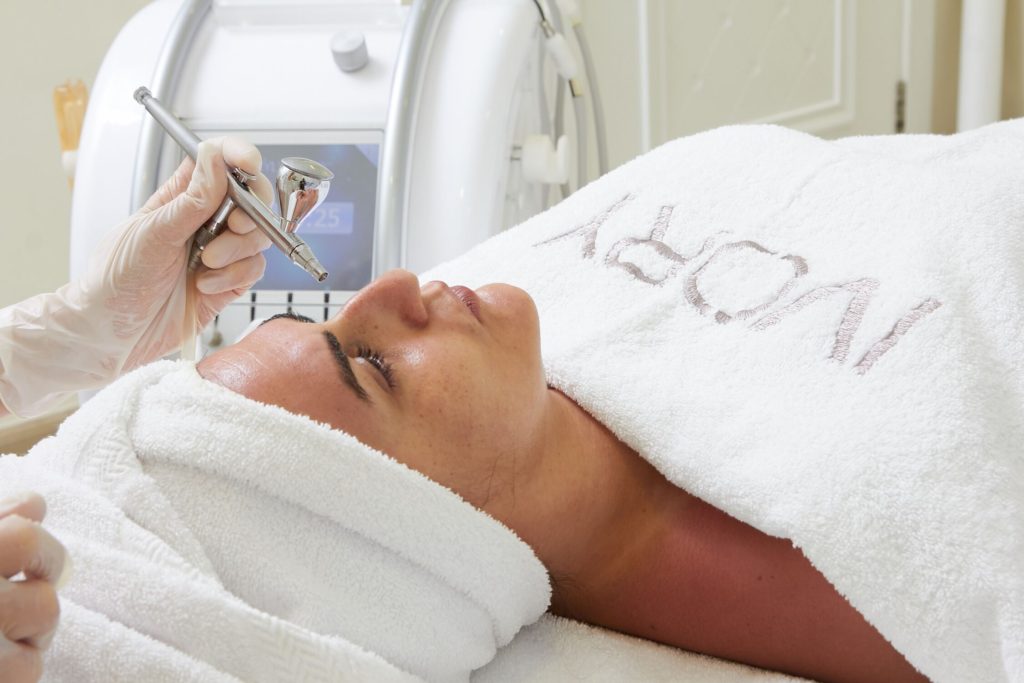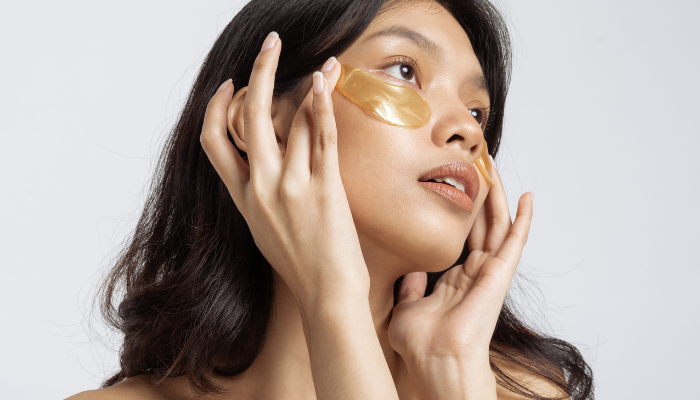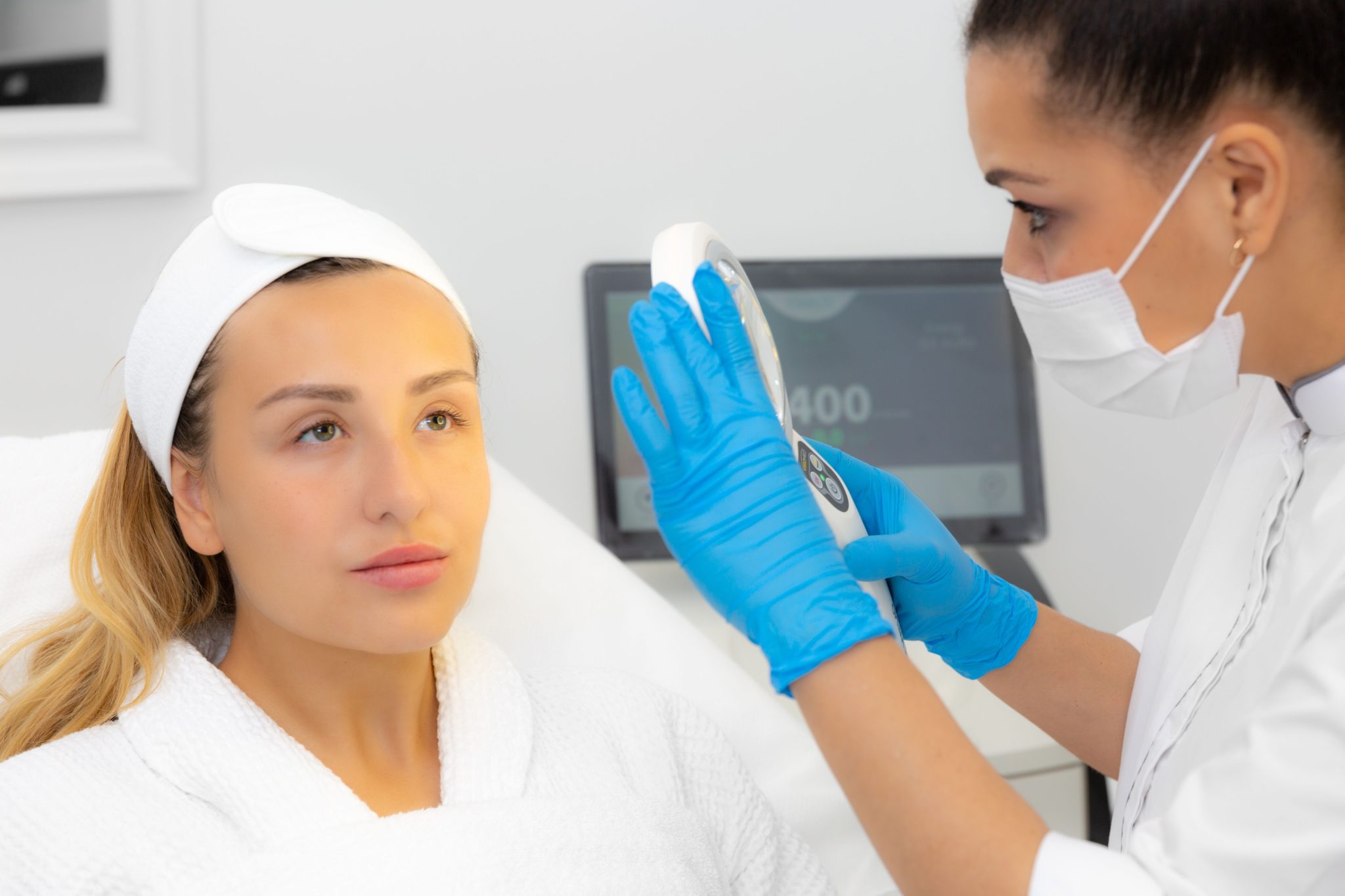You think you understand your skin type? Think again.
Most women misdiagnose themselves, resulting to the wrong use of skin care regimen and products. Caring for the wrong skin type can aggravate your skin, resulting to acne breakouts, or even quicken your skin’s ageing process.
That is why, understanding your skin type is very important, as products only yield results when you use ones that are specialized for your skin’s unique needs.
First, let’s take a look on how you can eliminate products that are not suitable for your skin type.
If it stings and/ or burns – No, it does not mean you have sensitive skin. If a product stings and/ or burns your skin, it means it’s irritating AND bad for your skin. The only exception to this rule is when an acid serum produces a stinging sensation.
If it leaves a greasy residue or makes you excessively oily – No, you don’t have oily skin but, you might be using a product that is rich in moisture. Your skin can only absorb certain amount of moisture, and anything in excess would just sit on top of your skin resulting to clogged pores. Another reason for this might be because you’re using a product that contains drying ingredients. This then dehydrates your skin, producing more oil than normal. Remember, the key rule to skin dehydration is to produce less oil.
If it makes your skin feel tight and dry – No, you certainly don’t have dry skin. Although a lot of people associate this feeling to clean skin, it’s not true. This might be because you’re using sulfate-based cleansers or alcohol-based toners that can severely strip moisture off your skin. Instead, opt for sulfate-free cleansers or alcohol-free toners.
Now that you know which products to eliminate from your skin care routine, here’s how you can determine and understand your skin type.
Remember, always wash your face first, get rid of all the make up, and then wait for an hour. This will help you observe your skin more carefully and accurately.
Oily Skin
If your skin has a little bit of shine distributed all over your face, it’s likely that your skin type is oily.
But, pore size is an indication of oil production. If you’re getting shiny and greasy, and you have visibly small pores, it means your products may be the problem.
With oily skin comes acne-prone skin, clogged pores, blemishes, scarring, etc. For this, you need to have a strict skin care routine, exfoliate regularly, and use the right products. Top tip, go natural!
Dry Skin
If your skin almost always feels tight, looks rough, has visibly small pores, and flaky (especially during winter), then you have dry skin.
People with dry skin usually experience problems like premature aging, wrinkles, fine lines, and sometimes even sensitivity. To combat these, you have to moisturize your skin at least twice a day.
However, if you’re experiencing breakouts, this might be your skin telling you that you don’t really have dry skin. Breakouts originate from oil, and if these happen you might either be using the wrong products or your skin type might not be completely dry.
It’s important to note that there are other categories that fall under dry skin such as, Sensitive Skin, Acne-Prone Skin, and Under-Circulated Skin.
Sensitive Skin – This skin type easily gets red and flushed from products, hot showers, alcohol consumption, and spicy foods. Avoid products with synthetic fragrances, and choose those that contain gentle ingredients (like white tea) and formulated to reduce inflammation.
Acne-Prone Skin – Since not all acne are created equal (there’s cysts, pustules, papules, etc), acne can occur at any age, on any region of the face. It can be severe or occasional, but usually anyone with acne categorizes him or herself as acne-prone.
Under-Circulated Skin – This skin type barely turns pink even after facials, scrubbing, or hot showers. Using products with ingredients like peppermint, ginseng extract or rosemary will encourage proper blood circulation and give your skin a brighter and more radiant look.
Combination Skin
If your T-Zone is usually oily, but the rest of your face dry, then your skin type is combination.
Caring for this skin type can be really difficult to maintain, as it needs to follow a carefully tailored skin care plan.
Normal Skin
If your T-Zone tends to get a little oily (especially during the summer), but not flaky, then your skin type is mostly likely Normal.
There’s always a lot to keep in mind and pay attention to when it comes to your skin.
I’d suggest regularly going for a facial as it can benefit your skin, by constantly meeting its changing needs and maintaining its healthy glow.
For more details on facial treatments for your skin type, call us on 04 330 64 64 to book a consultation with one of our skincare experts!









